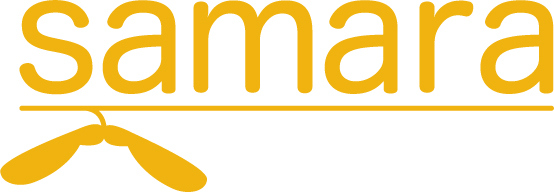News from the OpeningParliament.org community:
In Chile, Chile Transparente celebrated the passing of new legislation to create a public register of lobbyists and lobbying. Previously, Chile Transparente marked the new year with articles looking at the accomplishments of the transparency movement worldwide, and commented on the specific challenges facing Chile that lay ahead.
Poplus, the network founded by mySociety and Ciudadano Inteligente, launched a new platform called SayIt. SayIt makes it easier to launch websites to track and publish politicians’ speeches, interviews, and the proceedings of trials.
In Azerbaijan, the International Human Rights Protection Association condemned the arrest of Anar Mammadli, Chairman of the Election Monitoring and Democracy Studies Center (EMDS), on charges of tax evasion and abuse of office as baseless, illegal, and suspect, given EMDS’ reports of abuse during the October Presidential Election. You can find the final report of OSCE’s election observation mission on Azerbaijan’s Presidential Election on the EMDS website. A timeline is available here.
In the United States, the Sunlight Foundation announced a new initiative to increase political finance transparency, including a free webinar series. Sunlight also launched a new version of the Congress app, incorporating legislative district maps with Mapbox technology. The Economist published a neat data visualization on polarization in American politics, drawing on Govtrack.us data.
